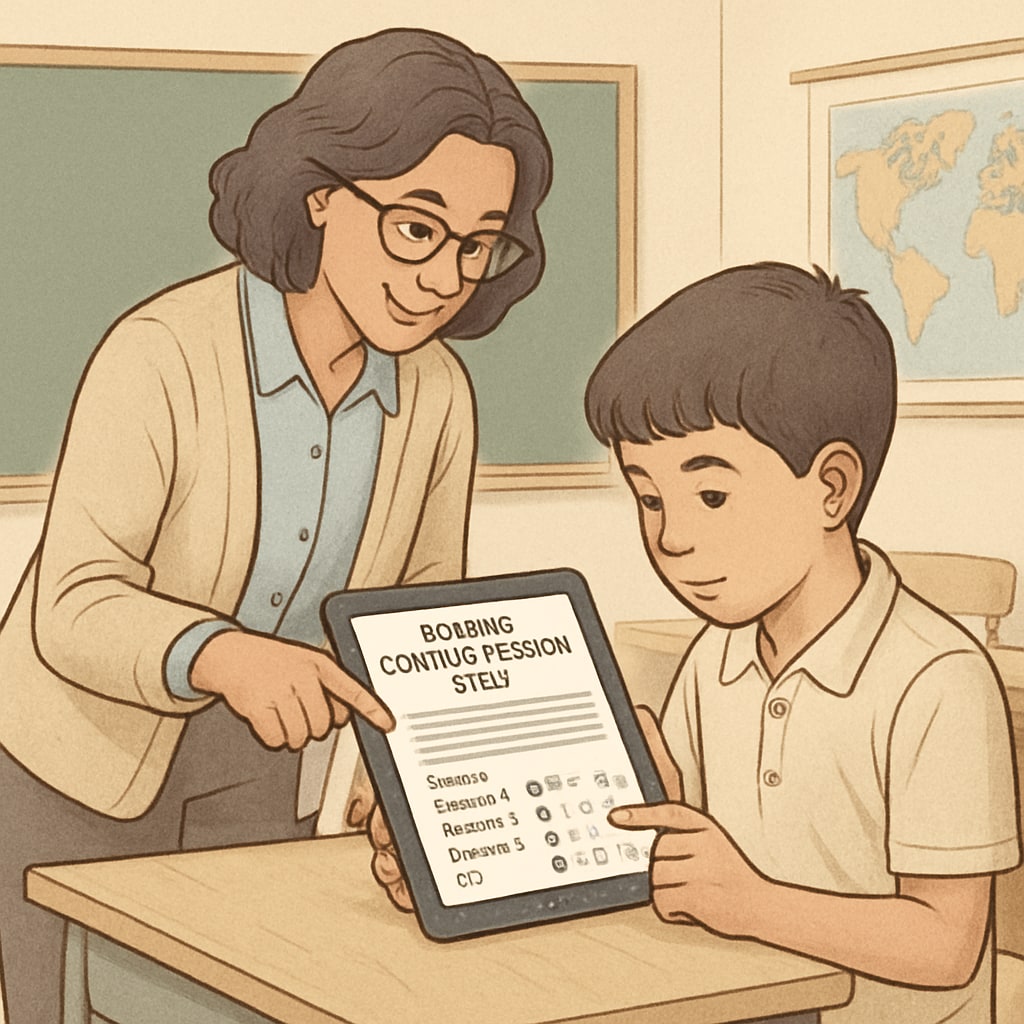Encouraging young students to develop strong reading habits is vital for their academic growth. One popular tool used in many schools is the Accelerated Reader (A.R.) system. However, not all schools or families can afford its subscription, leading educators and parents to explore free alternatives. This article will discuss the benefits of A.R., outline criteria for finding effective substitutes, and share free tools and strategies to promote reading comprehension and motivation among elementary students.
What Makes the A.R. System Popular?
The Accelerated Reader system is widely lauded for its structured approach to reading comprehension. It assigns books a reading level, allows students to take quizzes, and awards points based on their performance. These points can then be used as incentives, turning reading into a fun and rewarding experience. A.R. also provides educators with detailed reports to monitor progress and identify areas for improvement.
However, its subscription cost can be a barrier for some schools and families. This financial limitation has prompted a search for free alternatives that can replicate A.R.’s motivational and educational impact.

Criteria for Choosing Free Alternatives to A.R.
When searching for a replacement for the A.R. system, it’s essential to ensure the alternative meets certain criteria. Some key factors to consider include:
- Accessibility: The platform should be easy to use and available across multiple devices.
- Content Variety: It should offer a wide range of reading materials to cater to different interests and reading levels.
- Comprehension Support: The system should include quizzes, discussion prompts, or activities to assess and enhance understanding.
- Motivational Features: Look for tools that incorporate rewards, progress tracking, or gamified elements to keep students engaged.
By ensuring these criteria are met, educators and parents can find tools that effectively inspire reading without the additional cost.
Free Resources for Reading Comprehension Tests
Fortunately, there are several free platforms and resources available to support reading comprehension. Here are some notable options:
- ReadWorks: This platform offers a vast library of free reading passages, along with comprehension questions and vocabulary activities tailored for K-12 students.
- CommonLit: A versatile resource providing free access to texts across various genres and themes, accompanied by discussion questions and assessment tools.
- Funbrain: Known for its engaging games and activities, Funbrain also includes a book section with free reading materials for younger students.
- Newsela: Though it offers premium features, its free version still provides a wide selection of leveled articles across multiple subjects.
These platforms not only provide high-quality content but also include tools to help assess comprehension and track progress, making them excellent substitutes for the A.R. system.

Creating DIY Reading Comprehension Systems
If existing platforms don’t fully meet your needs, creating a DIY reading comprehension system is an excellent option. Here’s how you can get started:
- Book Selection: Choose books that match the student’s reading level and interests.
- Custom Quizzes: Develop comprehension questions for each book, focusing on key details, themes, and vocabulary.
- Rewards System: Implement a points-based reward system for completed quizzes, similar to A.R.’s motivational structure.
- Progress Tracking: Use a simple spreadsheet or chart to log completed books, quiz scores, and earned rewards.
This approach allows for greater customization and can be tailored to suit individual learners, fostering both comprehension and enjoyment.
Conclusion: Inspiring a Lifelong Love for Reading
While the A.R. system has proven effective in motivating young readers, there are numerous free alternatives that can deliver similar results. Platforms like ReadWorks, CommonLit, and Funbrain provide valuable resources, while a DIY approach offers flexibility and personalization. By leveraging these options, educators and parents can inspire elementary students to develop a lifelong love for reading, regardless of budget constraints.
In the quest to nurture young readers, what matters most is creating an environment where learning feels rewarding and enjoyable. With the right tools and strategies, the goal of fostering strong reading comprehension and motivation is well within reach.


